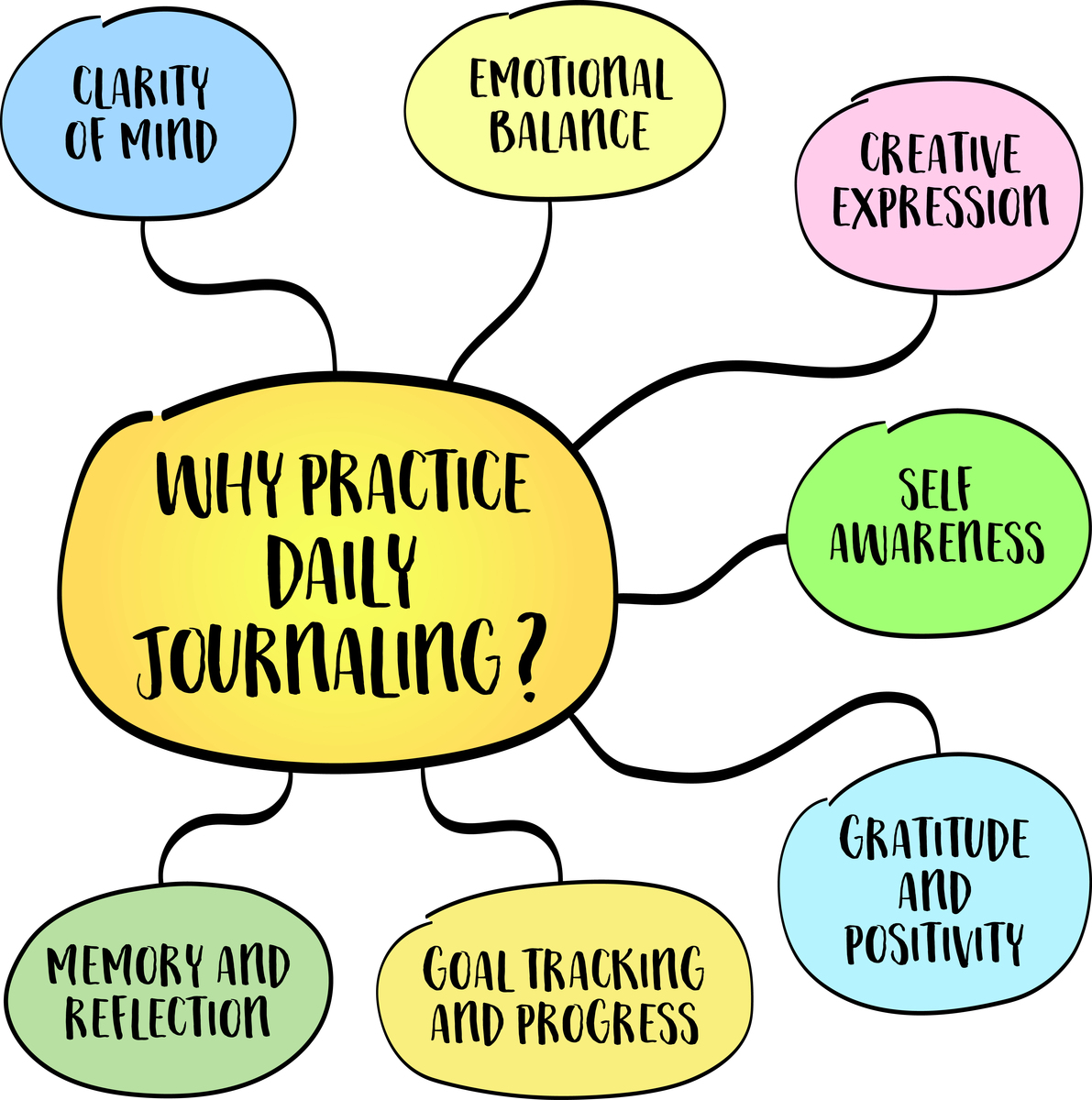The Evolving Landscape of 'Correct' Language: Descriptivism vs. Prescriptivism
'What is 'Correct' Language?' is a question that often sparks heated debates. Linguist Edward Finegan from the University of Southern California highlights the two camps involved: descriptivists, who aim to describe language as it is, and prescriptivists, who prescribe how language ought to be. This raises the question: is English deteriorating, or simply evolving with the times?
Consider the debate over 'Drive Slow' vs. 'Drive Slowly' on road signs. Which is grammatically correct? Similarly, is it correct to say 'They don't have none' or 'They don't have any'? These questions expose the inherent variation and change within language.
Languages naturally adapt to their use and reflect their speakers' social identities. This linguistic variation is inevitable and natural. However, choices must be made when compiling dictionaries and grammars regarding which forms, meanings, and uses to include. Some countries have established language academies, like the French Academy, to regulate language. However, English speakers have resisted such regulation, leading individuals like Noah Webster to write dictionaries and grammars.
Descriptive grammar focuses on answering 'What is English like?' It seeks to describe the forms and functions of language in various situations. Conversely, prescriptive grammar aims to answer 'What should English be like?' It follows the tradition of preserving earlier forms of language, like the classical grammars of Sanskrit, Greek, and Latin.
Prescriptivists argue that certain forms should be used based on logic or tradition. For instance, they might argue that 'slowly' is the only correct adverb form because it distinguishes adverbs from adjectives. However, descriptivists emphasize that language has been inconsistent in distinguishing between adjective and adverb forms for centuries, making both 'slow' and 'slowly' acceptable.
The inclusion of words like 'ain't' in dictionaries depends on their usage. Lexicographers consider whether these words are widespread and commonly used. Prescriptivists might view them as wrong or inelegant, while descriptivists simply describe their use.
The question of who decides what is right and wrong in language brings up issues of power dynamics. Stigmatized forms often belong to social groups outside the educated middle class. Linguists argue that no language variety is inherently superior or inferior. However, some standardization is necessary for effective communication, especially in writing.
So, is English falling apart? Descriptivists argue that change is inevitable and not necessarily detrimental. Language is constantly evolving, which has contributed to its richness and adaptability. Shakespeare would struggle to understand Chaucer without studying, just as Chaucer would struggle with the Beowulf poet. The job of grammarians is to describe language as it exists in real use, including the positive and negative value judgments attached to different ways of speaking.
In conclusion, the concept of 'correct' language is complex and subjective. Descriptivists focus on describing language as it is, while prescriptivists prescribe how language should be. English, like all living languages, is constantly evolving and changing. Rather than viewing change as good or bad, it should be seen as an inevitable and natural process that keeps languages vibrant and adaptable.

原文地址: https://www.cveoy.top/t/topic/3yz 著作权归作者所有。请勿转载和采集!